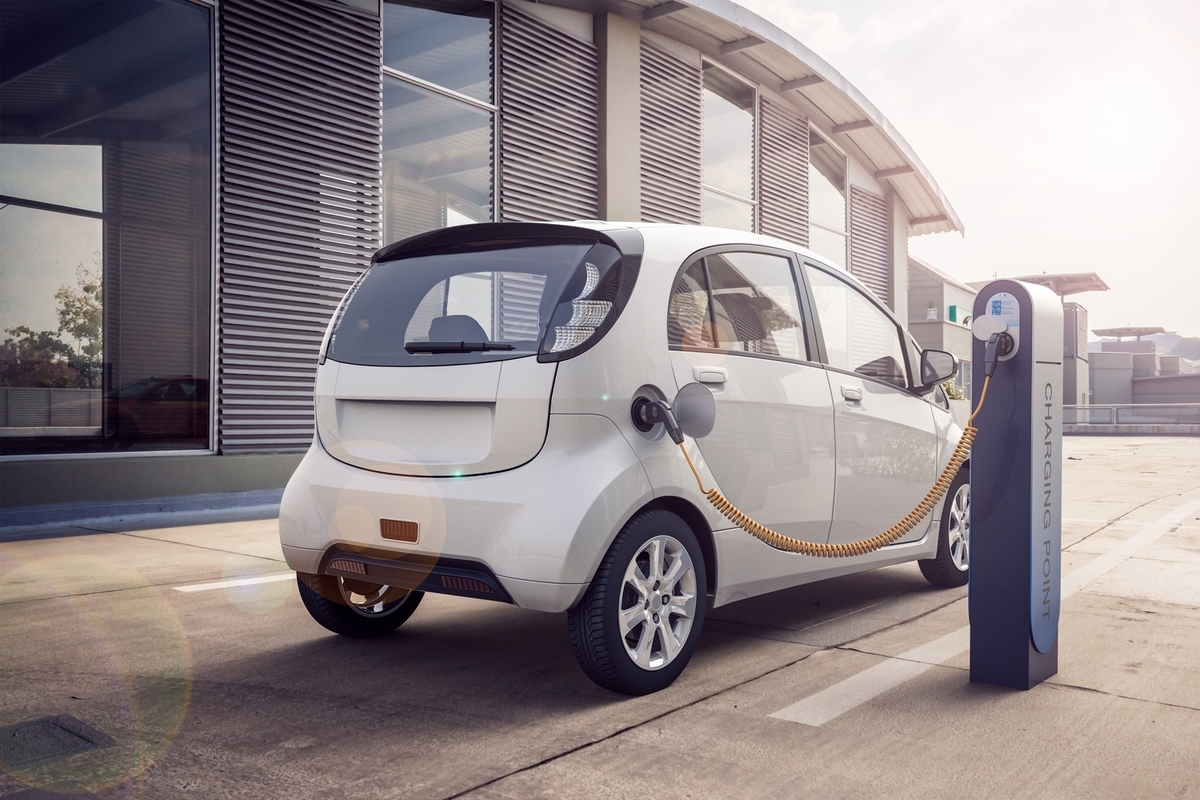The Cost of New Electric Cars in Germany: An In-Depth Analysis
Germany, recognized as the powerhouse of the European automotive industry, is experiencing a significant shift toward electric vehicles (EVs). With growing environmental concerns, government incentives, and advancements in technology, the market for electric cars is expanding rapidly. This article delves into the costs associated with purchasing new electric cars in Germany, considering various influencing factors such as government subsidies, the total cost of ownership, and comparing different models available in the market.

Market Overview
The German automotive market is evolving, driven by stringent EU environmental policies and the nation’s commitment to reducing carbon emissions. As of 2023, Germany stands as one of the leading markets for electric vehicle adoption in Europe, with a steady increase in EV registrations. Various models from global brands are competing for consumer attention, offering a diverse range of options from budget-friendly to high-end luxury electric vehicles.
Base Price of Electric Cars in Germany
Entry-Level Models
1. Volkswagen ID.3: Priced around €30,000. The ID.3 is Volkswagen’s flagship electric vehicle aimed at the mass market. It combines affordability with cutting-edge technology and a decent range, making it an attractive option for first-time EV buyers.
2. Renault Zoe: Approximately €27,000. The Renault Zoe is known for its compact design and urban-friendly features, making it a popular choice among city dwellers.
Mid-Range Models
1. Tesla Model 3: Available from €45,000. The Tesla Model 3 is renowned for its impressive range, advanced autopilot features, and performance, making it a strong contender in the mid-range market segment.
2. Hyundai Kona Electric: Starting at €35,000. The Kona Electric offers a blend of range, performance, and practicality, standing out as a versatile option for various driving needs.
Luxury Models
1. Audi e-Tron: Starting at €70,000. The Audi e-Tron is synonymous with luxury, performance, and advanced technology, catering to high-end consumers.
2. Mercedes-Benz EQC: Priced around €68,000. The EQC represents the fusion of Mercedes’ luxury pedigree with cutting-edge electric vehicle technology.
Government Subsidies and Incentives
One of the significant factors reducing the effective cost of electric vehicles in Germany is the government’s EV incentives. The German government offers an Environmental Bonus (Umweltbonus) to encourage the adoption of electric vehicles. As of the latest updates:
– Pure electric vehicles (BEVs) receive up to €9,000 in subsidies.
– Plug-in hybrid vehicles (PHEVs) qualify for up to €6,750.
These subsidies are split between the government and the manufacturers, significantly lowering the initial purchase price for consumers. Furthermore, additional tax benefits, such as reduced company car tax rates for EVs, further incentivize both private and corporate buyers.
Total Cost of Ownership (TCO)
When evaluating the cost of new electric vehicles, it’s crucial to consider the total cost of ownership (TCO), which encompasses more than just the purchase price. TCO includes factors such as:
1. Charging Costs
The cost of charging an electric vehicle depends on several factors, including the price of electricity, the type of charging station (home or public), and the vehicle’s energy efficiency. On average, the cost of home charging in Germany is around €0.30 per kWh, making it a cost-effective option compared to traditional fossil fuels.
2. Maintenance Costs
Electric vehicles typically have lower maintenance costs compared to internal combustion engine vehicles due to fewer moving parts and simpler mechanical systems. Routine maintenance for EVs mainly involves tire rotation, brake system checks, and battery health assessments.
3. Insurance
Insurance premiums for electric cars can vary based on the vehicle’s value, performance, and repair costs. However, some insurance companies offer discounts for electric vehicles due to their lower risk profiles and environmental benefits.
4. Depreciation
Depreciation rates for electric vehicles are a critical consideration for potential buyers. While EVs tend to depreciate faster in the initial years compared to combustion engine cars, increased market acceptance and advancements in battery technology are expected to stabilize depreciation rates over time.
The market for electric vehicles in Germany is booming, with a range of options available to suit various consumer needs and budgets. Government subsidies significantly reduce the cost burden, making EVs more accessible to the public. When considering the purchase of an electric car, it’s essential to factor in the total cost of ownership, which often demonstrates considerable savings over traditional vehicles over time.
In summary, investing in an electric vehicle in Germany is not only a step towards sustainable living but can also be a financially prudent decision when taking into account the long-term benefits and support from government incentives.

